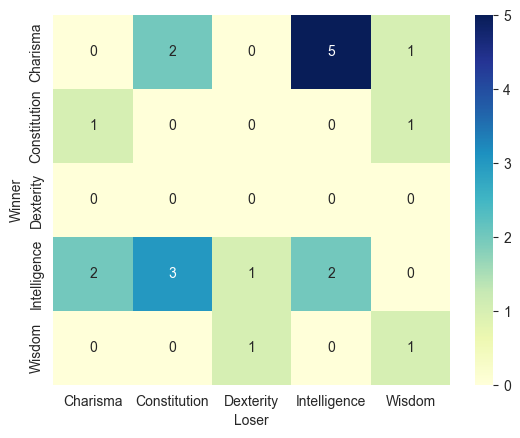Both intelligence and charisma can contribute significantly to achieving great, noble goals, but their importance may vary based on the specific context and goals involved.
Intelligence, characterized by cognitive abilities, problem-solving skills, and knowledge, can be crucial for strategic planning, identifying opportunities, and finding innovative solutions to challenges. It enables individuals to analyze complex situations, understand cause-and-effect relationships, and make informed decisions. Intelligence provides the necessary foundation for acquiring expertise in a certain field, grasping intricate concepts, and adapting to changing circumstances. It allows individuals to foresee potential obstacles, assess risks, and devise effective strategies to overcome hurdles.
On the other hand, charisma, characterized by charm, persuasion, and the ability to engage others, can be equally important in the pursuit of great, noble goals. Charismatic individuals often possess excellent interpersonal skills, the ability to inspire and motivate others, and a talent for effective communication. They can build strong relationships, gather support, and mobilize people towards a common cause. Charisma allows leaders to connect with audiences emotionally, instill confidence, and effectively convey their vision. It can generate enthusiasm, foster collaboration, and inspire unity among diverse groups of people.
Ultimately, the relative importance of intelligence and charisma in achieving great, noble goals may depend on various factors, including the nature of the goals, the environment in which they are pursued, and the specific challenges involved. In some cases, high levels of intelligence may be paramount to navigate complex problems, while in others, charisma may be critical for rallying support and inspiring collective action. Ideally, a combination of both intelligence and charisma can prove to be a powerful force in achieving great, noble goals.




